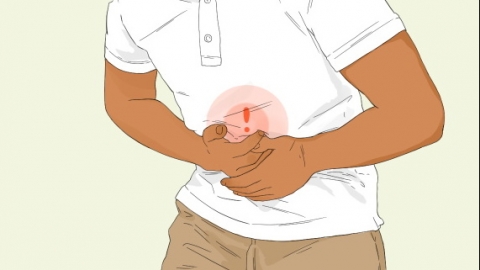How serious is gastrointestinal bleeding?
Generally, the severity of gastrointestinal bleeding needs to be assessed based on factors such as the underlying cause of the bleeding, the volume of blood loss, and the patient's overall health condition. If discomfort symptoms occur, it is recommended to seek timely medical evaluation and treatment at a qualified hospital. Specific analysis is as follows:

If the bleeding is caused by severe conditions such as gastric cancer or rupture of esophageal and gastric varices due to liver cirrhosis, and the blood loss is significant, particularly in elderly patients with comorbidities like chronic kidney disease, symptoms such as rapid drops in blood pressure and altered consciousness may quickly develop, potentially leading to multiple organ failure. This situation is extremely serious and requires immediate medical attention; otherwise, it may endanger life.
If the bleeding is caused by common conditions such as acute gastritis or gastric ulcers, with minimal blood loss, and the patient is young and without underlying diseases, symptoms may include only mild black stools or minor hematemesis without significant symptoms like dizziness or fatigue. In such cases, the situation is relatively less severe. However, timely treatment is still necessary to prevent worsening of the condition or recurrent bleeding.
Once gastrointestinal bleeding is suspected, food intake should be stopped immediately, strenuous activities should be avoided, and the patient should remain quiet and rest. It is important to go to the hospital promptly to determine the cause of the bleeding and strictly follow medical advice for treatment. Self-medication should not be attempted. During recovery, a bland diet is recommended, regular follow-up evaluations are necessary, and any changes in physical condition should be promptly reported to the physician.




